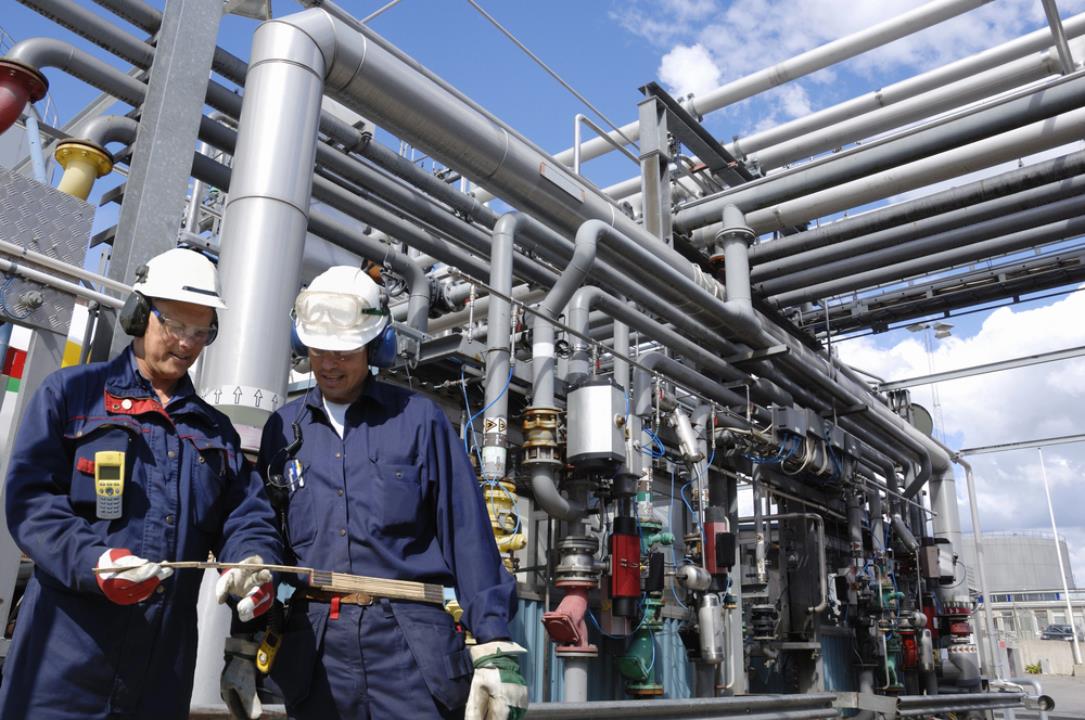Hungary vs. Brussels: The energy battle that could reshape Europe!

The energy market has undergone a significant transformation in recent times, with Hungary playing an increasingly dominant role. The disruption of Russian gas supplies via Ukraine and the development of alternative routes have created a new situation in Europe.
Gazprom has announced that, from January, it will no longer be possible to transport gas through Ukraine, which has significantly increased the importance of the Turkish Stream. This infrastructure will ensure the transport of natural gas between Russia and Europe, with Hungary being one of the main beneficiaries. Record volumes of natural gas have been transported along this route in recent weeks, confirming the stability of gas supplies in the region.

The new realities of the natural gas market
According to Index, recent events in the gas market have significantly altered European supply chains. With the loss of the previously dominant transit route through Ukraine, Hungary’s role as one of the main distribution hubs for Turkish Stream has been strengthened. This development is particularly important given the loss of other large-volume pipelines such as Nord Stream 1 and 2.
International gas market experts state that the value of the Hungarian gas system has tripled as a result. This is not only due to the continued availability of Russian gas but also to the existing interconnectors, which create the potential for Hungary to become a regional gas trading hub.

According to data provided by ENTSOG (European Network of Transmission System Operators for Gas), pumping volumes between Turkey and Bulgaria have peaked for several weeks in a row, demonstrating the growing demand for the pipeline. The construction of the infrastructure will make Hungary less dependent on other countries for its energy supply and will improve the country’s negotiating position with the European Union.
Viktor Orbán’s demands and the EU’s reaction
Recognising the situation, Orbán issued strong demands to the European Commission. He emphasised that Hungary cannot compromise its energy security, particularly in light of potential threats to gas supply routes. Orbán insisted that the European Union must safeguard the Turkish Stream, which is crucial not only for Hungary’s gas supply but for the entire region. Additionally, he underscored the importance of maintaining uninterrupted oil transit from Ukraine and urged the EU to take action to restore gas transit through the country.

The European Commission has finally responded to the concerns raised by the Hungarian government. It formally stated its expectation that third countries, including Ukraine, respect the security of energy supply and that the EU is ready to take measures to protect energy infrastructure. This move allowed the Hungarian government to refrain from blocking the new sanctions package.
The current geopolitical and energy market situation has clearly opened up new opportunities for Hungary. The country’s geographic position and the infrastructure in place could make it a major gas trading hub, strengthening its economic position in the region.
Energy policy decisions can also determine Hungary’s economic development in the long term, as a stable and predictable energy supply is key to maintaining the competitiveness of the economy. One of the biggest challenges facing the Hungarian government is to make the most efficient use of the existing infrastructure and geopolitical situation in the national interest.
Read also:
- Billions from Hungary’s utility protection fund flow to Russia amid energy subsidies
- Hungarian-owned company to supply gas to Moldova’s pro-Russian separatist region
Featured image: depositphotos.com








Hungarians pay the least amount for energy. Brussels punished the Europeans by forcing them to pay high prices simply to cook their food or keep homes warm in the winter. Well done P.M. Orban ad FIDESZ Government.
That’s odd, the car detailing outfit I recently visited was complaining of crippling rates for energy, quoting prices at a level far in excess of what we pay in the UK. I don’t doubt that a modest percentage of domestic consumption is provided at subsidised rates that might well be the ‘cheapest in Europe’ but less parsimonious consumers (who might just have older, less energy efficient homes) and businesses are apparently paying huge prices, probably cross subsidising artificially low prices for some domestic customers.
If something sounds too good to be true (“Lowest Prices for Gas in Europe for our Citizens!”), it probably is? To @londonsteves point … There is some clever Politician math going on in the background.
Lastly – our Politicians just love to bang on about “Sovereignty!” – until other country’s sovereignty clashes with their vested interest (say – when a transit agreement comes to term and a country decides not renew). In this case – moral convictions be damned – our Politicians propagate pressure and coercion.